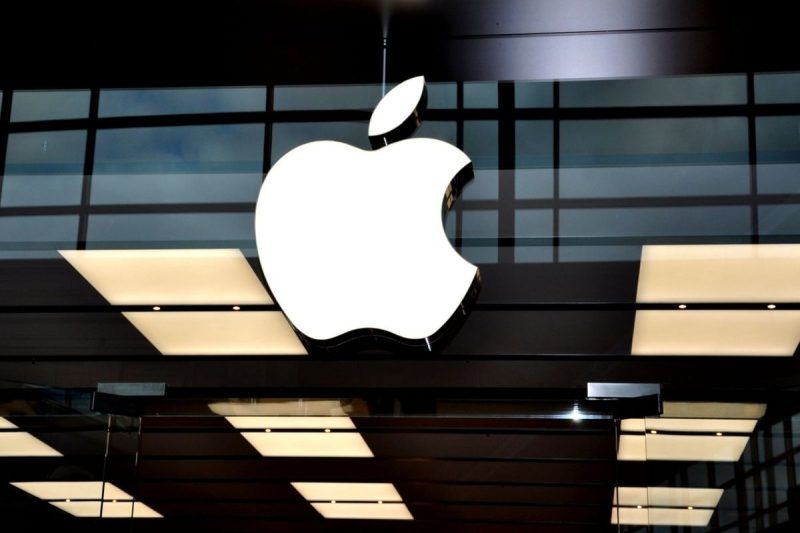In a rapidly evolving era of technology and artificial intelligence, the recent partnership between Apple and OpenAI has sparked a significant privacy debate within tech circles, with prominent figure Elon Musk expressing concerns over potential privacy implications stemming from this collaboration. The implications of this partnership are profound and bring to the forefront the delicate balance between technological advancements and individual privacy rights.
At the core of this debate lies the question of how the partnership between Apple, a technology giant renowned for its user-centric approach, and OpenAI, an organization dedicated to the development of artificial intelligence, will impact user privacy in the long run. Given Apple’s commitment to user privacy and data protection, the collaboration with OpenAI raises concerns about potential breaches and leaks of sensitive user information that could arise from the integration of AI technologies into Apple’s products and services.
One of the key concerns pertains to the potential misuse of AI capabilities by third parties, as highlighted by Musk. The use of AI algorithms in Apple’s ecosystem could lead to the inadvertent or intentional collection of vast amounts of user data, posing a significant risk to user privacy. While Apple has a track record of robust privacy measures and encryption protocols, the incorporation of AI technologies from OpenAI could introduce new vulnerabilities that may compromise user data security.
Furthermore, the partnership between Apple and OpenAI has raised questions about the extent of data sharing and collaboration between the two entities. As Apple expands its AI capabilities through OpenAI’s technologies, the potential sharing of user data and patterns with OpenAI for AI training purposes could further erode user privacy safeguards. The lack of transparency surrounding data sharing practices and safeguards in place to protect user privacy exacerbates these concerns and underscores the need for greater accountability and oversight in the tech industry.
In response to these privacy concerns, it is imperative for Apple and OpenAI to prioritize user privacy and data protection in their collaborative efforts. Implementing stringent data protection measures, transparent data-sharing policies, and robust encryption protocols can help alleviate fears of potential privacy breaches and instill trust among users. By ensuring that user privacy remains a top priority throughout the partnership, Apple and OpenAI can navigate the burgeoning field of AI technologies while upholding ethical standards and respecting user rights.
As the debate over privacy and technology continues to unfold, the partnership between Apple and OpenAI serves as a pivotal moment that highlights the complex interplay between innovation, data security, and individual privacy rights. By addressing concerns surrounding data privacy head-on and proactively implementing safeguards to protect user information, Apple and OpenAI can set a precedent for responsible AI development that prioritizes user welfare and privacy above all else. Only through a concerted effort to balance technological progress with ethical considerations can we harness the full potential of AI while safeguarding the privacy and rights of individuals in the digital age.

